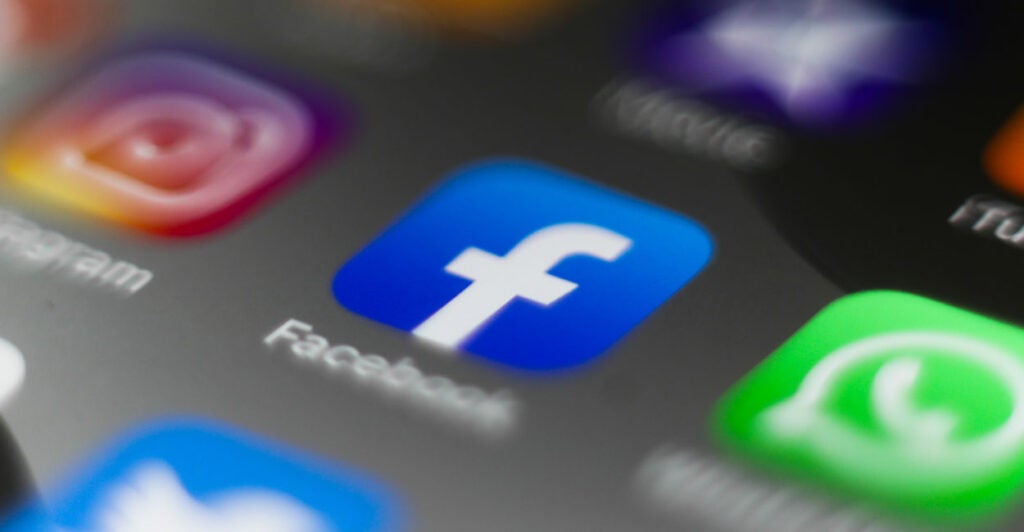Senate Democrats introduced legislation Thursday removing liability protections from online platforms that promote content deemed health misinformation.
The bill, proposed by Sens. Amy Klobuchar and Ben Ray Lujan, seeks to carve out an exception from Section 230 liability shields enjoyed by online platforms, such as Facebook or YouTube, if those platforms boost content classified as health misinformation, Vox first reported.
The legislation, known as the Health Misinformation Act, directs the Department of Health and Human Services to create a definition of health misinformation, and strips liability protections from platforms “if the provider promotes that health misinformation through an algorithm used by the provider.”
HHS defined health misinformation in an advisory last week as “information that is false, inaccurate, or misleading according to the best available evidence.”
The bill does allow for “neutral” boosting of misinformation, such as through “chronological functionality,” in which newer content is promoted to users.
“For far too long, online platforms have not done enough to protect the health of Americans,” Klobuchar said in a statement to Vox. “These are some of the biggest, richest companies in the world, and they must do more to prevent the spread of deadly vaccine misinformation.”
Section 230 of the Communications Decency Act states, “No provider or user of an interactive computer service shall be treated as the publisher or speaker of any information provided by another information content provider,” shielding online companies such as Facebook from liability for content posted by users.
By creating an exception for health misinformation, the bill would permit tech companies to be sued over content boosted on their platforms.
Even as more Americans get their shots, the danger of the coronavirus and vaccine-related misinformation persists. I’ll continue pushing for policies to address the proliferation of misinformation and hold perpetrators accountable. https://t.co/JiDaUrCc2M
— Senator Amy Klobuchar (@SenAmyKlobuchar) July 20, 2021
“The COVID-19 pandemic remains an ongoing threat and there is a need to ensure that social media platforms do their part in promoting accurate scientific information to users of those platforms,” the text of the bill reads.
The bill instructs HHS to consult with other federal agencies and “outside experts” to issue guidance regarding what is health misinformation within 30 days of the bill’s enactment.
The introduction of the bill follows a campaign by the White House and federal agencies to crack down on social media misinformation related to COVID-19 vaccines.
Press secretary Jen Psaki announced just last week the White House was working with Facebook to flag misinformation related to the COVID-19 vaccine. Psaki pointed to a list of 12 Facebook users, which she claimed produced 65% of anti-vaccine misinformation, and called for users to be banned from all social media platforms if they were banned from one.
The office of U.S. Surgeon General Dr. Vivek Murthy released an advisory last week urging tech companies to be more aggressive in combating misinformation related to the COVID-19 vaccine. President Joe Biden accused Facebook of “killing people” by failing to remove as much misinformation as the president would have liked.
Klobuchar did not immediately respond to The Daily Caller News Foundation’s request for comment.
Content created by The Daily Caller News Foundation is available without charge to any eligible news publisher that can provide a large audience. For licensing opportunities of this original content, email licensing@dailycallernewsfoundation.org.
Have an opinion about this article? To sound off, please email letters@DailySignal.com and we’ll consider publishing your edited remarks in our regular “We Hear You” feature. Remember to include the URL or headline of the article plus your name and town and/or state.
